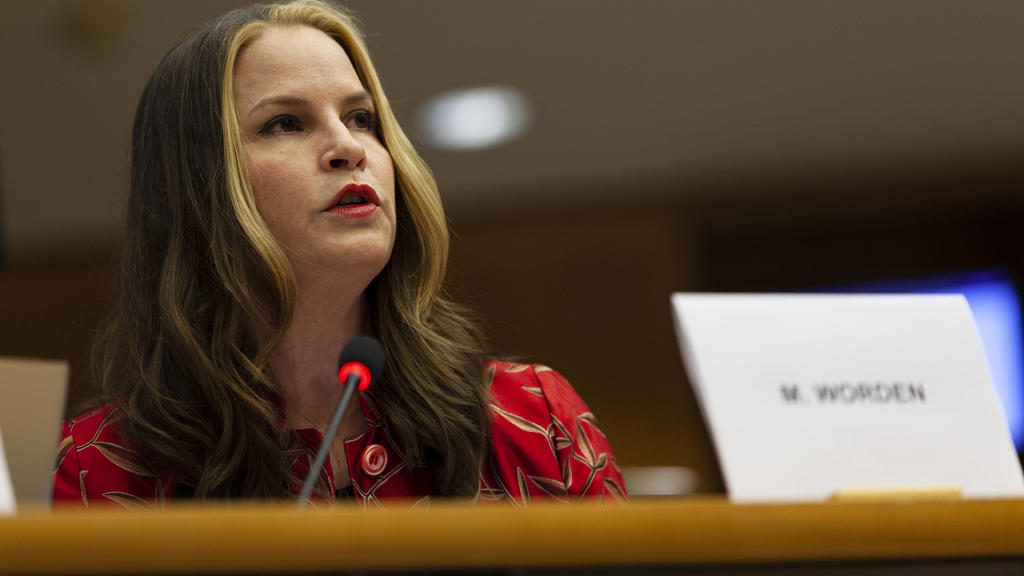Rights groups seek guarantees as Saudi closes in on 2034 World Cup

Rights groups called for "binding commitments" from World Cup host nations after Australia opted against bidding for the 2034 World Cup on Tuesday, paving the way for Saudi Arabia to host the event.
Football Australia pulled its bid on the October 31 deadline, after the Asian Football Confederation threw its weight behind the Saudi bid.
World governing body FIFA had invited bids from the Asia and Oceania regions for the rotating World Cup hosting rights after naming Morocco, Spain and Portugal as joint hosts for 2030.
Saudi Arabia's ambition to stage the 2034 tournament is the latest step in a campaign to turn the kingdom into a global sports powerhouse.
Riyadh's willingness to fund high-profile sporting events has drawn accusations that it is "sportswashing" its human rights record.
Neighbouring Qatar, which last year hosted the first World Cup in the Middle East, was criticised over its rights record and its treatment of migrant workers.
The Sport and Rights Alliance, a coalition of organisations including human rights groups and anti-corruption bodies, issued a statement on Tuesday saying a lack of competition to host World Cups risked undermining FIFA's leverage.
It said it was vital for the governing body to take the lead and secure binding human rights guarantees from bidders.
"FIFA must now make clear how it expects hosts to comply with its human rights policies," said Steve Cockburn, Amnesty International's head of economic and social justice.
"It must also be prepared to halt the bidding process if serious human rights risks are not credibly addressed.
"The best chance for FIFA to obtain binding guarantees to protect workers' rights, ensure freedom of expression and prevent discrimination linked to the World Cup is during the host selection process -- not after the hosts have been confirmed and tournament preparation has begun."
Human Rights Watch director of global initiatives Minky Worden said: "Given the enormous scale of the World Cup, there are far-reaching human rights risks to consider with all bids to host this tournament, as well as opportunities for change that should not be missed.
"FIFA's human rights policy must not be reduced to a paper exercise when it comes to choosing the host of the world's most-watched sporting event."
The 2026 World Cup will take place in the United States, Mexico and Canada.





